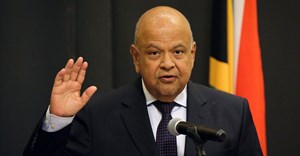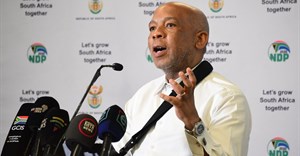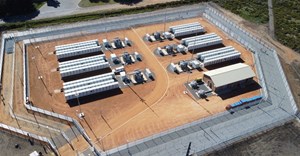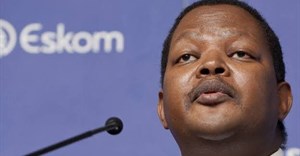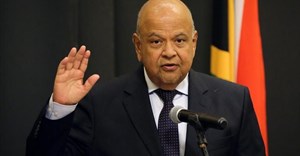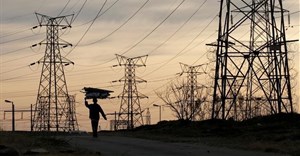#AfricaMonth
Trending





 Netflix reaches 40m users for ad supported planKarabo Ledwaba
Netflix reaches 40m users for ad supported planKarabo Ledwaba
Elections 2024
What's in store for South Africa in 2018?

This detracted from the performances of offshore assets, but also had a meaningful impact on rand-hedge stocks as well as listed property counters. As a result, clients who made full use of their 25% offshore exposure in Regulation 28 portfolios would have been negatively affected by the rand strengthening on the back of Cyril Ramaphosa’s win in the ANC electoral conference which took place in December.
Tax certainty
A sizeable budget deficit and disappointing revenue collection over the past tax year, coupled with added commitments from government such as free higher education have placed an emphasis on tax hikes in 2018.
As described in the Medium Term Budget Policy Statement, which took place in October 2017, National Treasury projects a revenue shortfall of R50.8 billion in 2017/18 – making it the largest under-collection since the 2008/2009 GFC.
Treasury could implement the following to make up the shortfall: increase the capital gains tax rate, increase the value-added tax rate, introduce a form of wealth tax, or increase the donations tax rate.
Furthermore, the major rating agencies will be keeping a close eye on the 2018 budget speech in terms of South Africa’s credit rating, with Moody’s rating agency the only one to still downgrade South Africa’s local debt to junk status.
Interest rates
The South African Reserve Bank in its November policy meeting kept its interest rate unchanged at 6.75%. The next interest rate decision will be announced today. The rand is seen as an important factor in terms of the interest rate decision, where the currency strengthened both before the ANC’s national conference in December and after Cyril Ramaphosa was elected as head of the party.
“Free” education
In December 2017, President Jacob Zuma announced a revised definition of poor and working-class households and increased the qualifying household income threshold for the National Student Financial Aid Scheme to R350,000. It is unclear how government will finance Zuma’s plan, but details are expected in February when Finance Minister Malusi Gigaba delivers his budget speech.
Eskom’s burden
The National Energy Regulator of South Africa (Nersa) agreed to a 5.23% increase in electricity tariffs, while Eskom applied for a 19.9% increase. Nersa flagged serious problems facing Eskom such as a decline in sales and poor management of costs. The power utility company is expected to ask the government for a bail-out amid cash flow issues.




